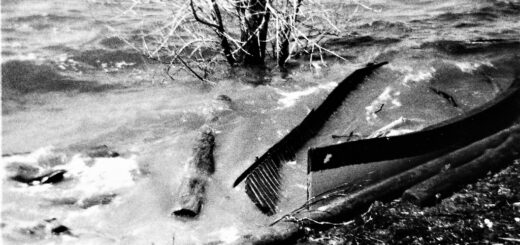Three Paradoxes
Fear’s Paradox.— The man obsessed with the fear of losing his life will be the one with the least life to lose. The same formula, in fact, is true for any good you might insert in the place of “life” here, as long as possession is understood to indicate not the mere material presence of a thing, but rather its practical availability for one’s use. For it is precisely the capacity to use a thing to some beneficial effect that makes it a good. Excessive fear of losing a good renders it useless, and therefore makes it less of a good.
The Expert’s Paradox.— The man who is certain he knows is likely the furthest of all from knowing anything. For in being certain, and therefore, in his own judgment, beyond any need for further inquiry, he can no longer even be said to be in the process of learning. He thus neither knows nor even seeks knowledge, thereby perfectly exemplifying the Socratic definition of ignorance.
The Cassandra Paradox.— The person most adept at divining, and most unreserved in declaring, the most discordant and necessary truths of an age is the person whose voice will be least audible in his time, as all men’s ears are necessarily attuned to their age’s most soporific intonations, and therefore incapable of comprehending or interpreting tones from outside of the age’s familiar modes. The depth of this problem may be seen in the fact that today, to call someone a Cassandra is to accuse him of being an alarmist or hyperbolic doomsayer, whereas the real Cassandra’s fate, a punishment of Apollo, was to be universally disbelieved or ignored although she spoke the truth.



